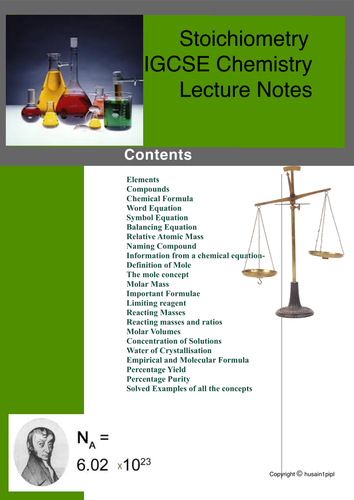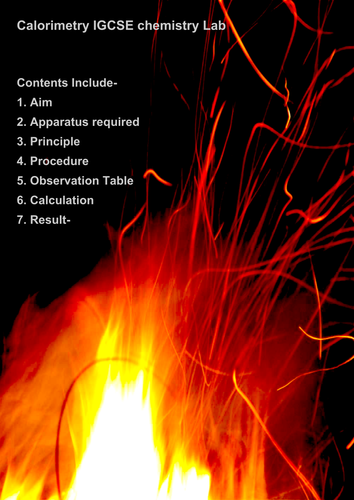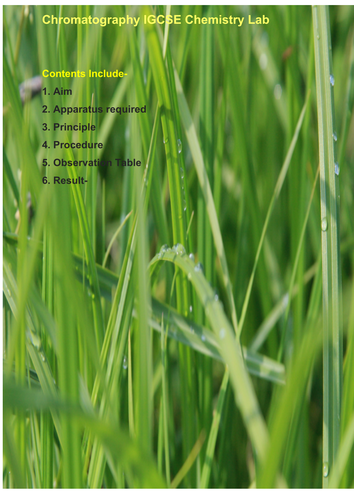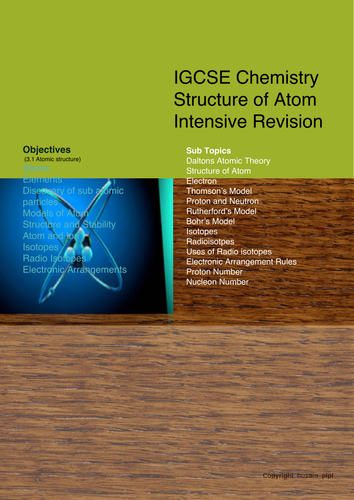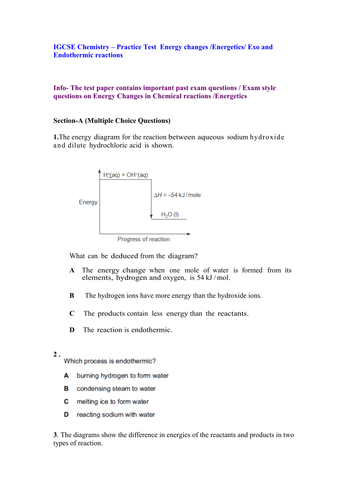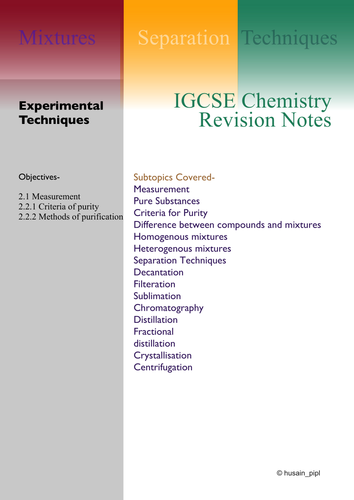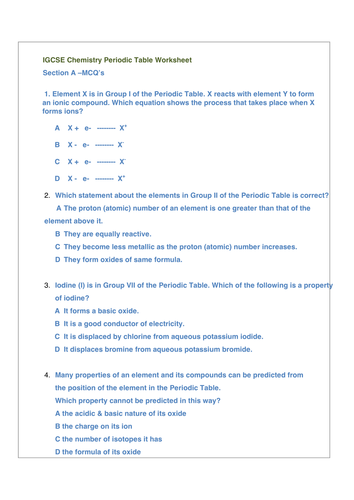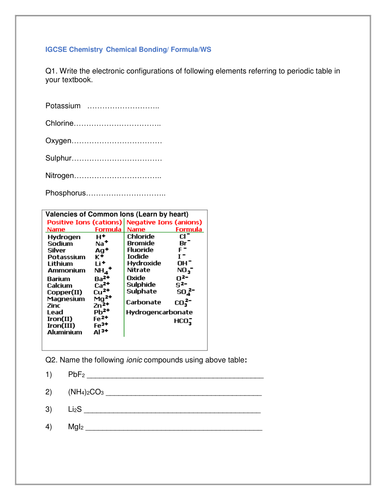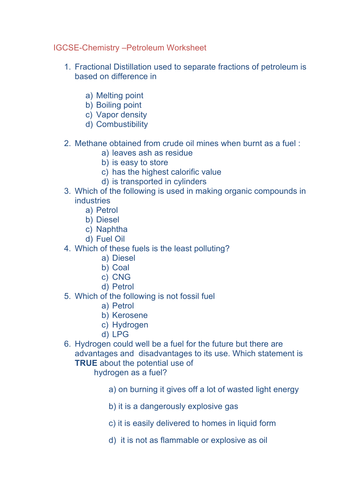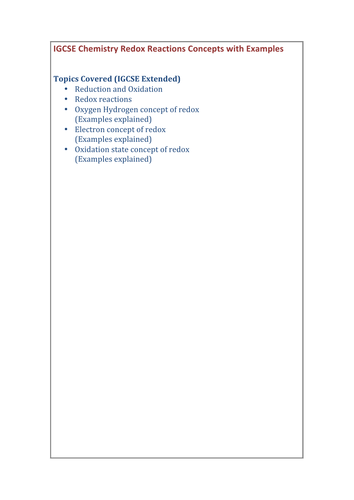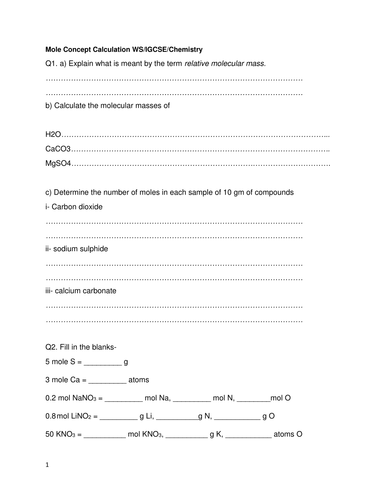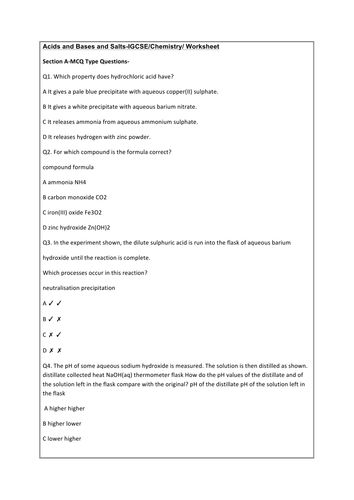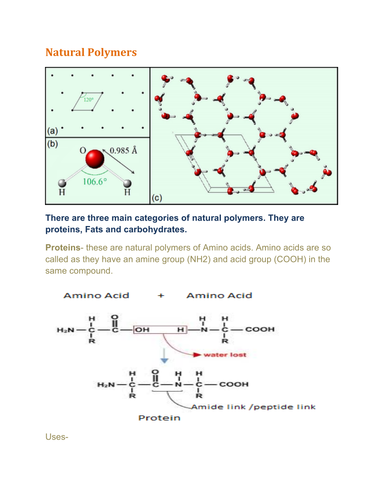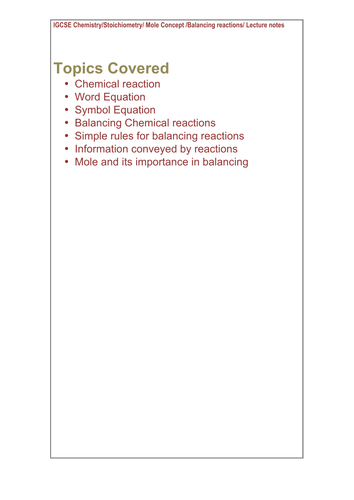Husain's Science Resources (Phy+ Chem + Bio) specialist
Hi I am a trained senior teacher for chemistry and have experience in teaching IGCSE,Edexcel, IB, A level, Victorian curriculum and CBSE. I have written lecture notes explaining the concepts in chemistry chapter wise that gives a clear idea to new teachers and students about how to apply these concepts these concepts in solving exam questions. I have some excellent resources for new chemistry teachers and new form teachers of primary and secondary classes.

